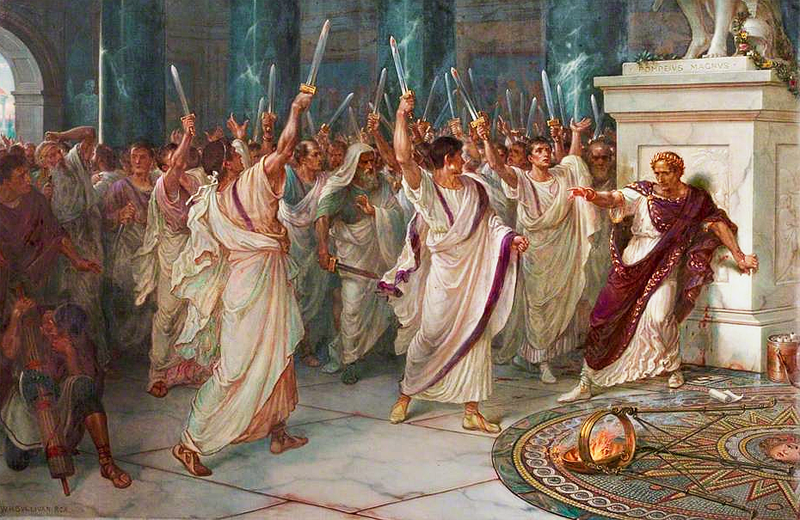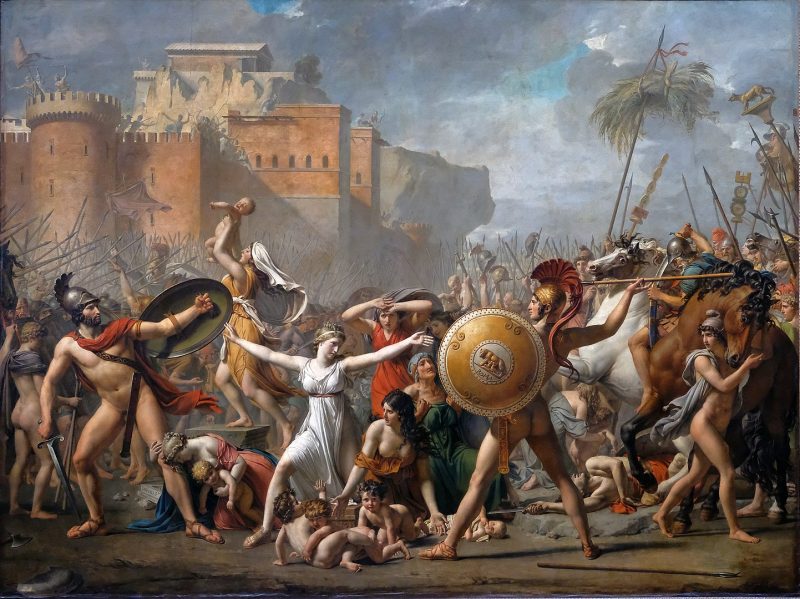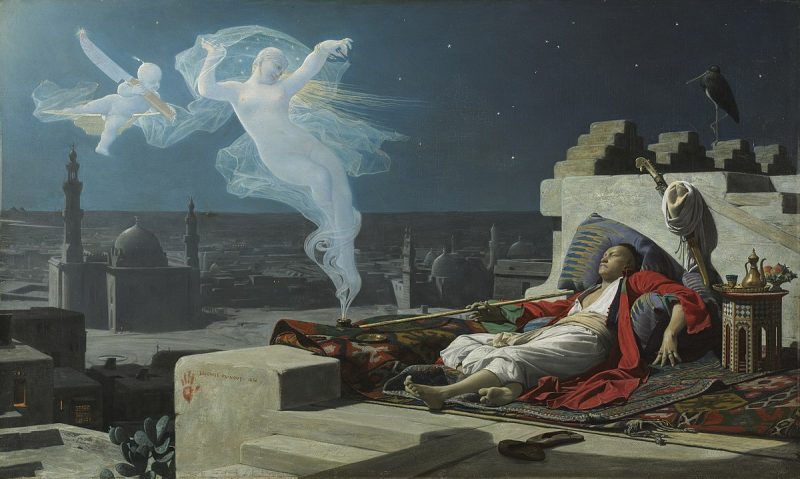In 51BC, Julius Caesar was a powerful Roman military general waging war in western Europe that was not approved by the Roman Senate. He managed to conquer parts of Gaul (modern-day Switzerland, Belgium, the Netherlands, and parts of Germany and France) and even crossed the English Channel to invade Britain. He was recalled back to Rome by the Senate who specified that he not bring his army back across the Rubicon River in northern Italy. He defied the Senate and crossed anyway in 49BC (today ‘crossing the Rubicon’ means passing the point of no return), an act that was considered treason.
Caesar took control of the government, made numerous reforms, and declared himself dictator for life. All this angered Roman elites who conspired against him. On the Ides of March (Mar 15, a day of religious observance) in 44BC, the Senate stabbed Julius Caesar to death in the Theatre of Pompey. Caesar was a populist and civil wars broke out after his assassination, the result of which was the dictatorship of the Roman Empire.




